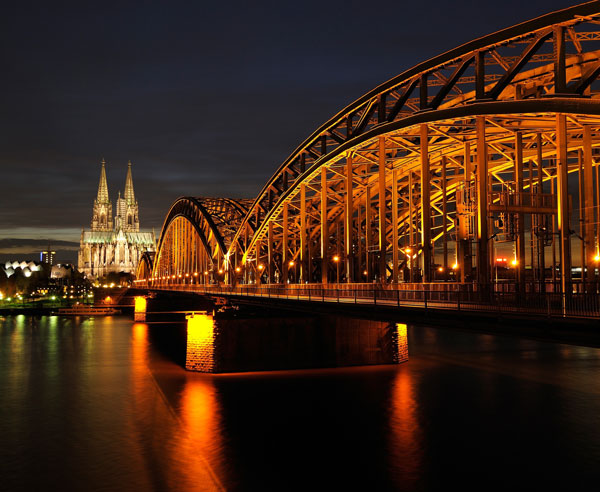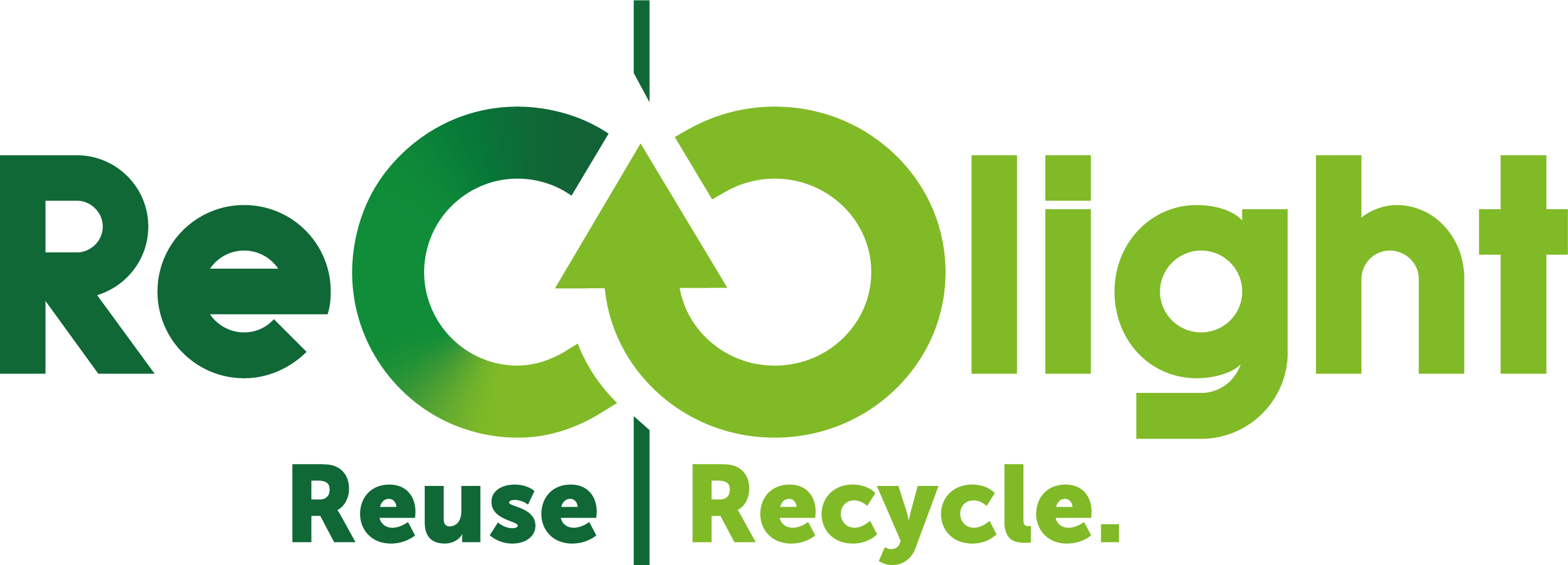Germany bans lighting of buildings after 10pm

GERMANY is to ban the illumination of public buildings from 10pm to 6am for the next six months.
The prohibition, designed to cut the country’s dependence on the importation of Russian gas, comes into effect in September.
Additionally, advertising spaces should not be lit during these times.
Exceptions are made for emergency lighting and lighting ‘for safety’.
The regulations also cover other uses of energy. Swimming pools should be unheated; workplace should be heated to a maximum of 19 degrees; the doors of shops should be closed as standard;, advertising should not be lit at night, private swimming pools should no longer be heated with electricity or gas, according to the draft regulation which is expected to be signed into law in the coming weeks.
The measures are to apply until February 28, 2023, when they will be reviewed.
‘Energy saving is a joint task of politicians, companies and consumers,’ says the draft.
The ban echoes a similar law in France enacted for environmental reasons in 2013.
Since then, French shops and office buildings have had to turn off their lights at night to save energy and reduce light pollution.
All non-residential buildings have to switch off interior lights one hour after the last worker leaves the premises. All exterior and shop window lighting has to be turned off by 1 am.
Local authorities are, however, able to allow exceptions for Christmas lighting and other local events.
The law saves about two terawatt/hours of electricity a year – the equivalent of the annual consumption of 750,000 households, France’s environment ministry estimate.
The radical law made France a pioneer in Europe in preventing light pollution and led to an increase in lighting controls. It remains to be seen if the German lighting controls industry will see a commensurate increase in demand.


